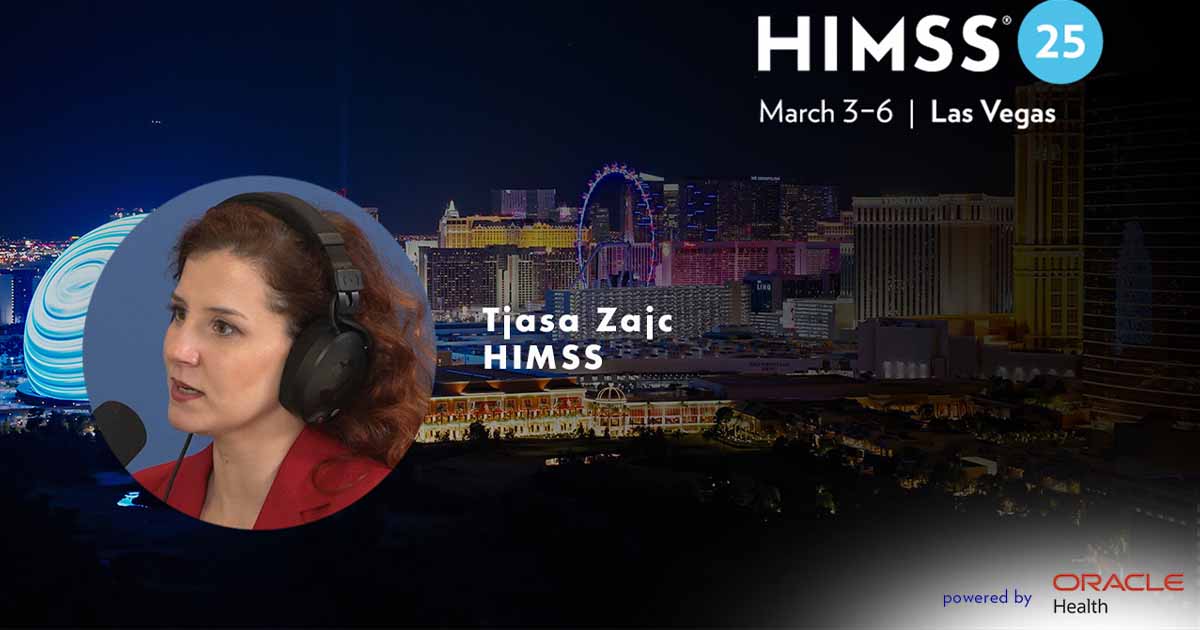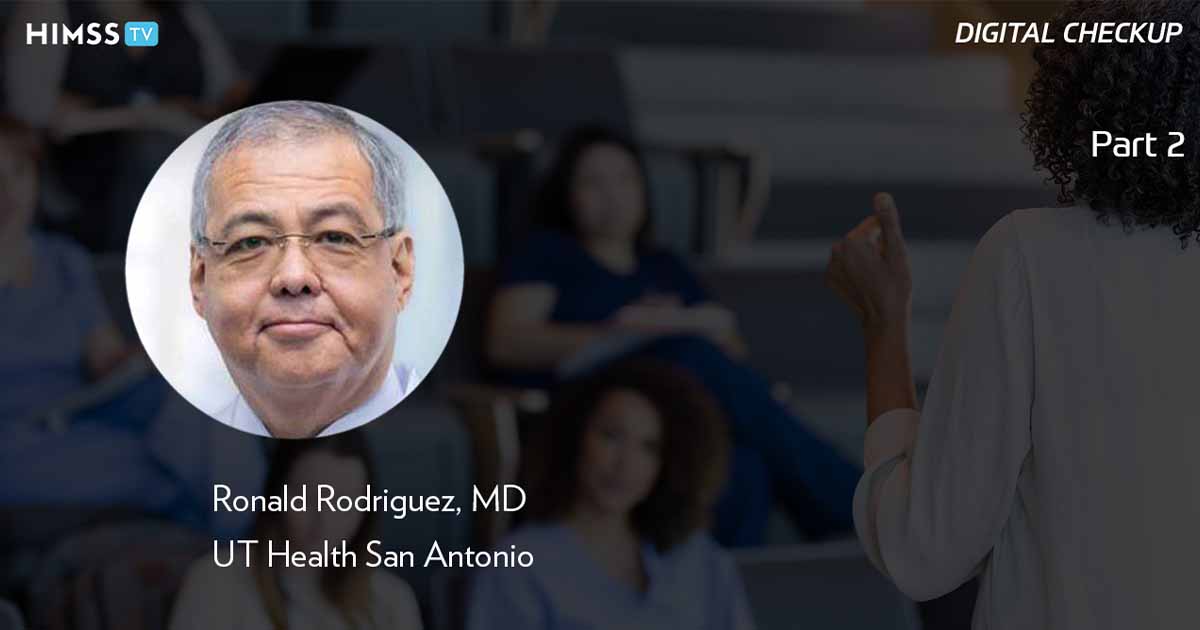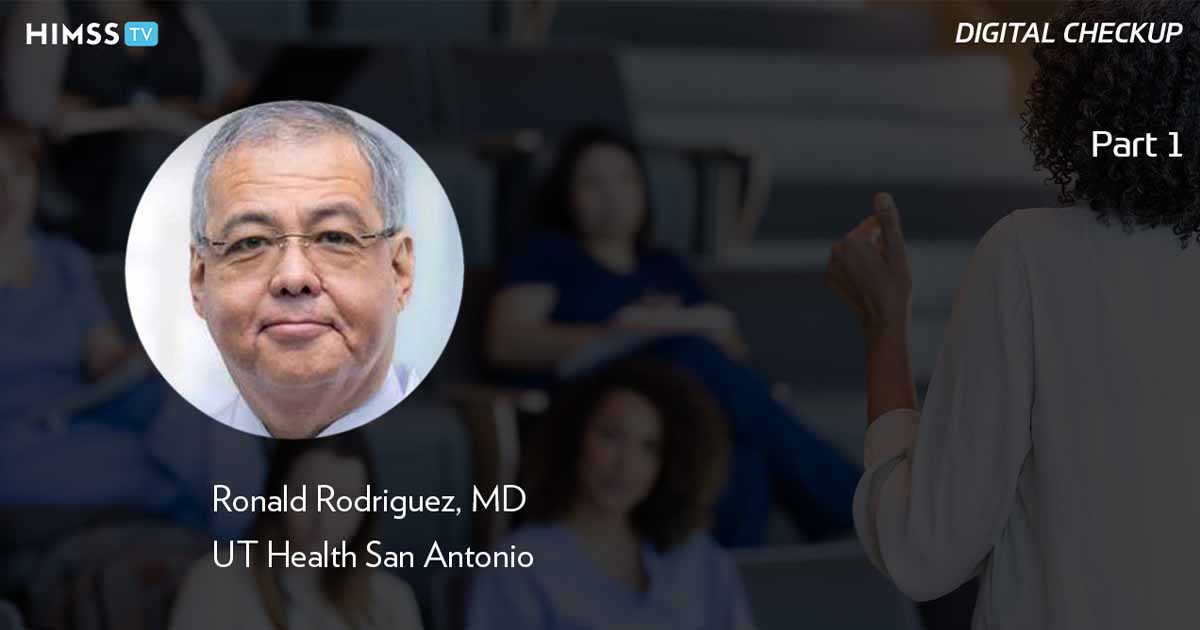Artificial Intelligence

At Cedars-Sinai Medical Center, artificial intelligence extracts important information from data that can help inform care or drive operational efficiencies, says Kathy Bailey, the health system's principal data intelligence analyst.

Healthcare needs its workforce to be skilled in AI, says Bob Dichter, founder and career coach at Phoenix Rising Career Services, who encourages IT professionals to use artificial intelligence tools to help solve their organizations' challenges.

Ethical and equitable use of open data is a critical challenge for AI development in healthcare, requiring global collaboration to balance innovation with privacy and security, says Antoine Tesnière, professor at George Pompidou European Hospital.

With its Nursing Research and Innovation Council fostering the use of digital tools and the hospital training staff in employing artificial intelligence, it is improving tech adoption, says Debra Beauregard of Rady Children's Health.

A digital health literacy maturity model could aid in training and inspiring staff to adopt new tools and cybersecurity practices, says Tjasa Zajc, special advisor for HIMSS and moderator for the HIMSS25 Global Leaders Exchange panel.

Now entering its second academic year, this pioneering dual degree program is designed to equip future physicians with the AI expertise needed to revolutionize patient care.

Dr. Ronald Rodriguez, program director of the nation's first MD/MS in AI dual degree at The University of Texas Health Science Center at San Antonio, is at the forefront of AI's transformation of healthcare. He offers a look at this groundbreaking education.